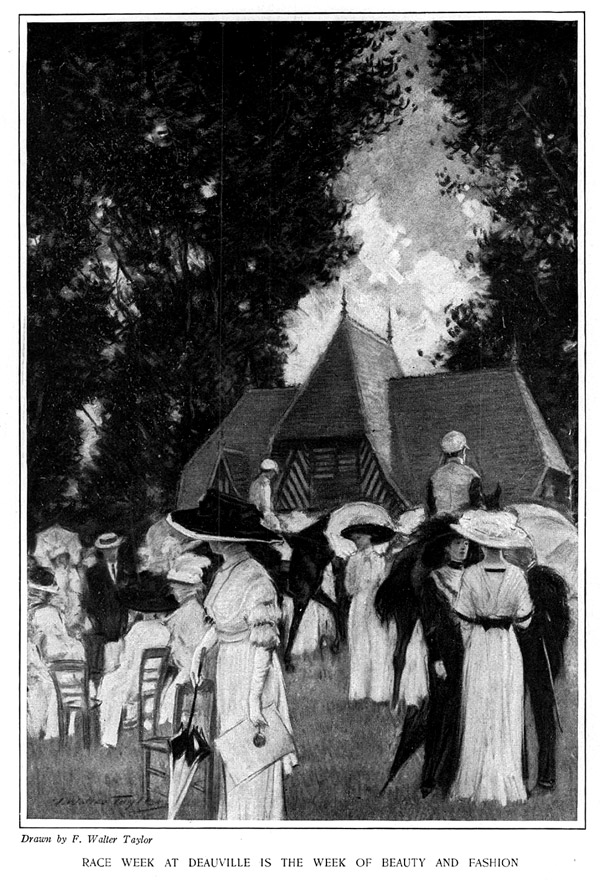
I once asked an old, tired-looking black man to play James P. Johnson’s “Snowy Morning Blues” and he obliged after first turning around to take a better look at me. That tune was written in New York in 1920s and recorded a couple of times by Johnson himself and a few others. Its name already sets up a scene in one’s imagination. Someone has woken late, drawn open the curtains and found the rooftops and streets covered with snow. It must be a Sunday, because the tune evokes the melancholy and the quiet joy of someone lounging around, reminiscing about the night before. That mixture of emotions is the quality of all the best pop and jazz tunes. If they were only sad, or only happy, they would grow tiresome after a while. Was it Al Capone who expressed the opinion that jazz was better than opera, because it didn’t just go around slobbering? —“Reminiscing About the Night Before,” by Charles Simic, NYRblog
I spotted a worn copy of The Female Eunuch on my mother’s shelf in 1999, and something about the savage cover, showing a hollow female torso with handles hanging from a clothes-rail, seemed to whisper a wealth of dangerous secrets. Like a grimoire in a fairytale, I felt drawn to the book, somehow compelled by it. Leafing through the yellowing pages I realised, with the righteous rage that only a preteen can summon, that I had been lied to. There were other ways of looking at the world. There was more to sex than the sterile, ritualised commercial play my classmates were already rehearsing, more to femininity than the smiling servitude that made my mother and grandmother so unhappy. In later life, I would come to understand this process as consciousness-raising; at the time, it felt like a striplight had been switched on in my mind. —“The Female Eunuch 40 years on,” by Laurie Penny, the Guardian
A trove of photos from the creator of Subway Art, Spray Can Art, and Style Wars, The agonies of Ikea shelving and record obsession, and an audiobook of Neil Postman’s iconic TV critique Amusing Ourselves to Death
In the papers some have accused me of giving ‘hate-speeches’, of wanting India to break up. On the contrary, what I say comes from love and pride. It comes from not wanting people to be killed, raped, imprisoned or have their finger-nails pulled out in order to force them to say they are Indians. It comes from wanting to live in a society that is striving to be a just one. Pity the nation that has to silence its writers for speaking their minds. Pity the nation that needs to jail those who ask for justice, while communal killers, mass murderers, corporate scamsters, looters, rapists, and those who prey on the poorest of the poor, roam free. —“I pity the nation that needs to jail those who ask for justice,” by Arundhati Roy, The Times of India


